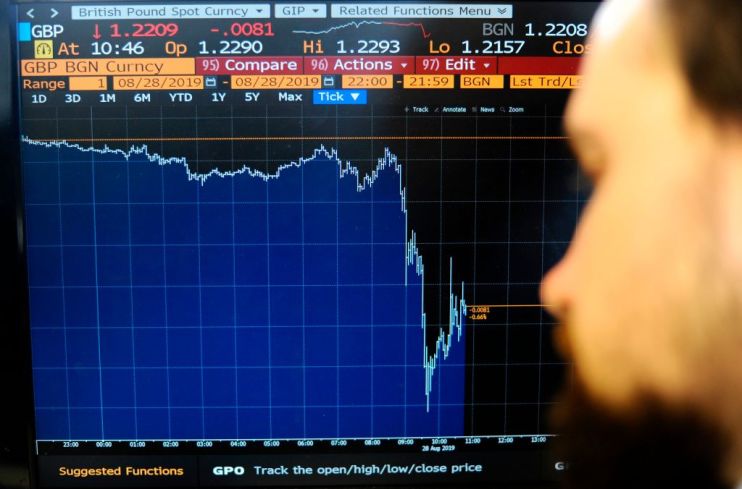EU watchdog tightens short-selling rules as coronavirus sell off worsens

Hedge funds and other investors will have to give regulators more information about the stocks they are betting against, the European Union’s market watchdog has announced, warning that the stock market rout triggered by coronavirus could last weeks.
The European Securities and Markets Authority (ESMA) lowered the threshold for reporting short-selling — essentially a bet that a company’s share price will fall — to regulators for the next three months.
ESMA warned that current trading conditions posed a “serious” threat to “fragile markets” as it tightened short-selling rules in a bid to calm panicked markets, which have plunged again amid fears the pandemic will tip economies into recession.
ESMA said the move was a “precautionary action” that was essential for authorities to monitor developments in markets “under the exceptional circumstances linked to the ongoing Covid-19 pandemic”.
The watchdog added that there was “a clear risk that such downward trend will continue in the coming days and weeks,” referring to the global sell-off triggered by the virus.
“ESMA considers that the current circumstances constitute a serious threat to market confidence in the EU, and that the proposed measure is appropriate and proportionate to address the current threat level to EU financial markets,” it added.
In short-selling, traders borrow shares in a company with a view to selling it, hoping to buy the shares back later at a lower price and pocket the difference. It is a risky method of trading, as possible losses on a short sale are theoretically unlimited, as the price of any asset can climb infinitely.
If the number of short-sellers outweighs those buying a stock, which could happen if investors rush to offload shares, that can further drive down the price of a company’s shares.
Short-sellers, who profit when a stock’s price falls, will now have to notify the relevant regulator if their short position in a listed EU company reaches 0.1 per cent of its issued share capital.
Previously, short-sellers were only required to disclose short positions of 0.2 per cent or more, and publicly declare positions of 0.5 per cent or more.
The tougher reporting system comes into force from the close of trading today. ESMA said it would not limit the capacity of market participants to enter or extend short positions.
The coronavirus outbreak has sent equities across the globe tumbling by record amounts as investor panic over the pandemic’s economic impact grows.
Last week, Italian and Spanish regulators banned the short selling of some equities after the countries’ exchanges were hit by some of the worst market drops in history.
European exchanges, which fell the most on record last Thursday, continued to plummet this morning after a second emergency rate cut by the US Federal Reserve failed to reassure investors.